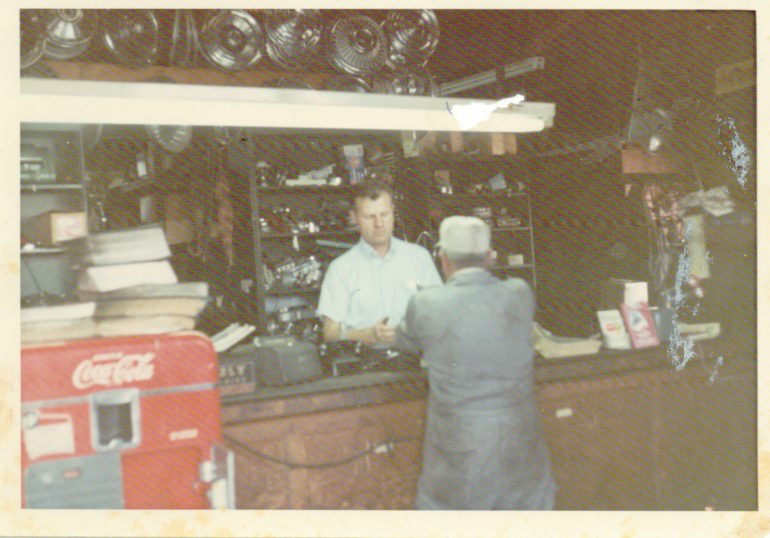Every interaction at a junkyard ultimately comes down to who pays for the donuts or who eats the most donuts. Okay, so not really, but almost all conversation involves some kind of negotiation or competition. Of course this is true in most business settings. Or anywhere people exist for that matter.
There are the obvious negotiations that all businesses have: price, terms, salaries, and of course how many donuts it takes to appease the boss. There are also the usual competitions, from who has the highest sales in a given day to who can dismantle the most parts in an hour to … yes, you guessed it, who can eat the most donuts.
The line often blurs between negotiation and competition. For instance, I remember a customer who wanted to buy a set of tires. I quoted him a price, and he countered lower. But he also added, “Of course, these tires do not fit many other cars so I may be your only customer.” It was completely untrue, so I started rattling off all the cars that the tires fit. He began refuting that information and saying that I had no idea what I was talking about. That didn’t go over so well with my ego and I became defensive. Things went downhill from there.
My point is that a simple negotiation (i.e. the price of the tires) had turned into a competition (i.e. who knew more about the usefulness of the tires).
Negotiations evolving into competitions can happen in any situation. I’ve seen it happen in families, schools, companies, churches … the list goes on. My experience in the junkyard and later in lease negotiations forced me to differentiate between a negotiation and a competition. They both have their place, but they seldom belong together. A competition becomes personal and we wrap up our identity into being a winner or loser. In negotiations, not only is that stupid, it’s a bore.
It goes against my competitive nature, but I’ve tried to enter into every negotiation with a willingness to concede. Trust me, I don’t go into competitions that way; in a competition I want to win. But in a negotiation, I begin with the idea that I can learn something. This allows me to actually listen to the other perspective, analyze the information, and make an informed decision. I know what I want when I go into a negotiation, and I know the details as best as I can ascertain them. But I don’t begin by thinking I know everything. This has saved me a lot of grief. And it speeds things up considerably. Granted, I may have given up too much at times, but then again, I sleep well at night.
So the Junkyard Management lesson here is simple: take the time to differentiate between a negotiation and a competition. You will be a lot more productive and a lot less nervous about things. And you just might find time to bring donuts to work for no other reason than simply to enjoy them.

